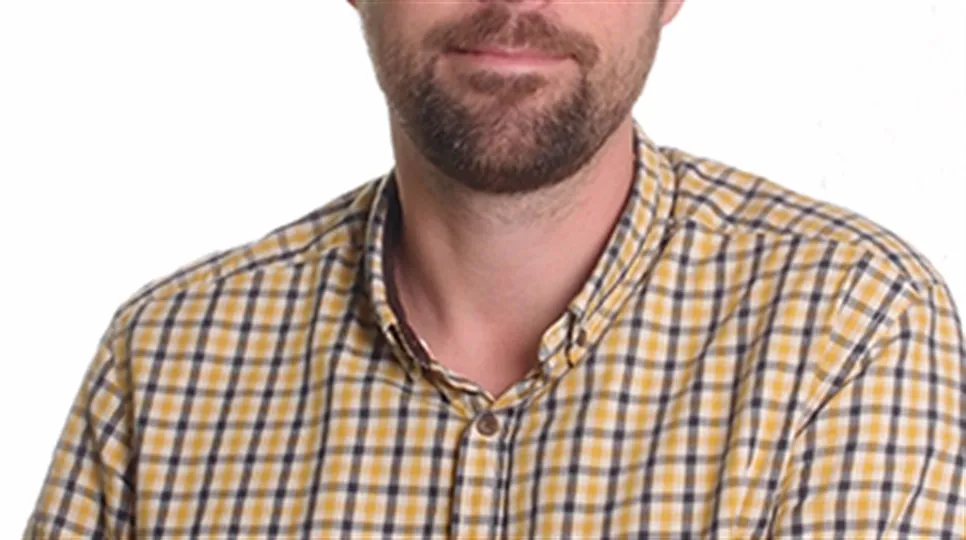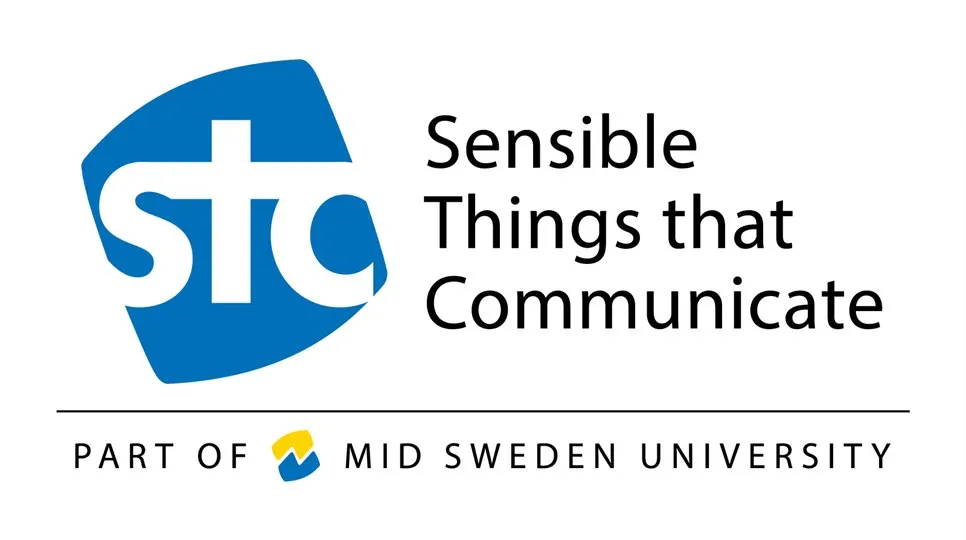Henrik Rödjegård from Senseair is a new Adjunct Professor at STC
We warmly welcome Dr. Henrik Rödjegård to our team! He started his position as Adjuncted Professor from our partner company Sensair on December 1. His knowledge of sensor electronics, MEMS sensors, external perspective and wide network will be a great asset for us at STC!
Tell us a little about yourself?
Ever since childhood, I have been interested in electronics. I played a lot with light bulbs, power switches, motors, cords and batteries. In younger teens, transistors, IC circuits and a used home computer from Sinclair came into my hobby room.
In 1993, I began studying at Chalmers University of Technology and became an MSc in Electrical Engineering in 1997. During my studies, I focused a lot on what I thought was fun: analog electronics, semiconductor physics and IC circuit design. I went out with top marks and was awarded the John Ericsson medal. I did the thesis on Saab-Ericsson Space where I evaluated different circuit solutions for voltage transformation in satellites.
Immediately after my studies were completed, I started as a PhD student at the Department of Solid State Electronics at Chalmers where I worked with MEMS technology for sensors and analog electronics to best utilize the weak signals. My supervisor then was Stefan Bengtsson who is now the principal of Chalmers and my supervisor was Gert Andresson.
After completing the licentiate degree, I followed my supervisor and became an Industrial PhD student at the newly established research institute Imego, now part of the Research Institutes of Sweden, RISE. The dissertation, I defended in 2005 was about sensor electronics and MEMS sensors. Among other things, we had through a completely new way of combining analogue and digital solutions succeed in getting cheap airbag gyron to achieve navigation performance. In 2006, I moved from Göteborg to Delsbo to gain access to the beautiful scenery and our beautiful seasons, especially with "real" winters. As I'm interested in beekeeping and charcoal stack, the countryside suits me perfectly. I received a research position at Senseair where I have worked with a wide range of challenges related to infrared gas sensors.
Actually, my parents found an old school book from grade 7 not long ago. In the book I had listed my future career choices. As number one came Inventor followed by working with electronics and Zookeeper. It's pretty much how my life looks like today!
Tell us a bit about your role as Adjunct Professor here at STC?
In particular, I hope to be able to contribute networks and contacts to increase the "critical mass" of the research group. I see that the smaller universities have a tough existence in which they perform high quality research with significantly less resources than the major universities. Here I see that we as Adjunct Professors have the opportunity to contribute to a low cost to the university.
I am also involved in Royal Institute of Technology (KTH) and is in charge of a PhD student who will be presenting in the winter. It would be very exciting if I could initiate collaborations between the two research groups. I also hope to be able to practically contribute my skills and knowledge of the projects carried out by the research centre. I also hope to contribute both in university education and strategic development with my industrial experience.
I also believe that in research I can contribute an entrepreneurial perspective that is important in order to reach all the way to successful projects.
SenseAir has been a partner with Mid Sweden University for several years, how did it start?
For my part, cooperation began already when I first came to Senseair. Dr. and Senior Reserarcher Claes Mattson was then a PhD student and we collaborated in his project aimed at developing infrared light detectors. A component that is a key component of our sensors. After that, it has rolled on with more detector projects and now we also have an industry graduate of Mid Sweden University that works to improve the performance of our Meta gauge.
What benefits do you see as a partner with Mid Sweden University? In particular, we value a link to the academic world in terms of valuable skills and equipment that are relevant in our work to keep us world-leading as companies. We also have the opportunity to control research projects to a certain extent to suit our need to fill our day-to-day knowledge gaps. In addition, we also see an opportunity to promote ourselves to students in the region.
Will you be on site here at STC?
I will continue to spend most of my time in Delsbo, but I intend to visit the research group in Sundsvall more regularly than before. I strongly believe that the everyday contact around, for example, the billboard is what often leads to real progress. I myself will have the goal of spending someday a month on site in Sundsvall!
Read more


